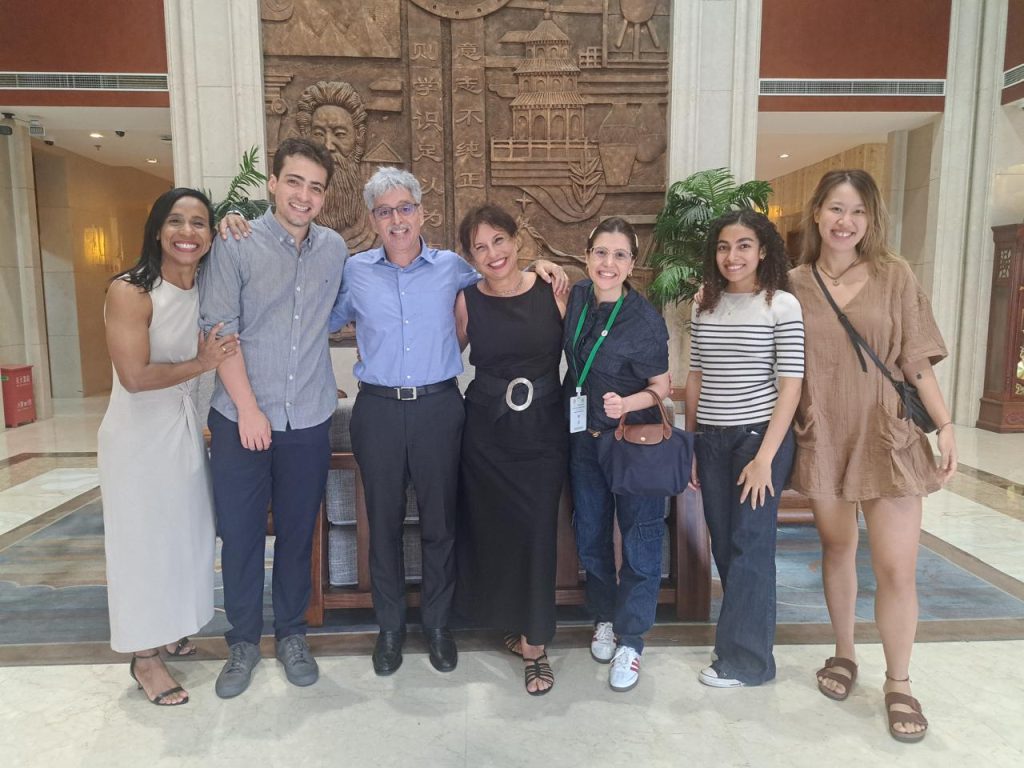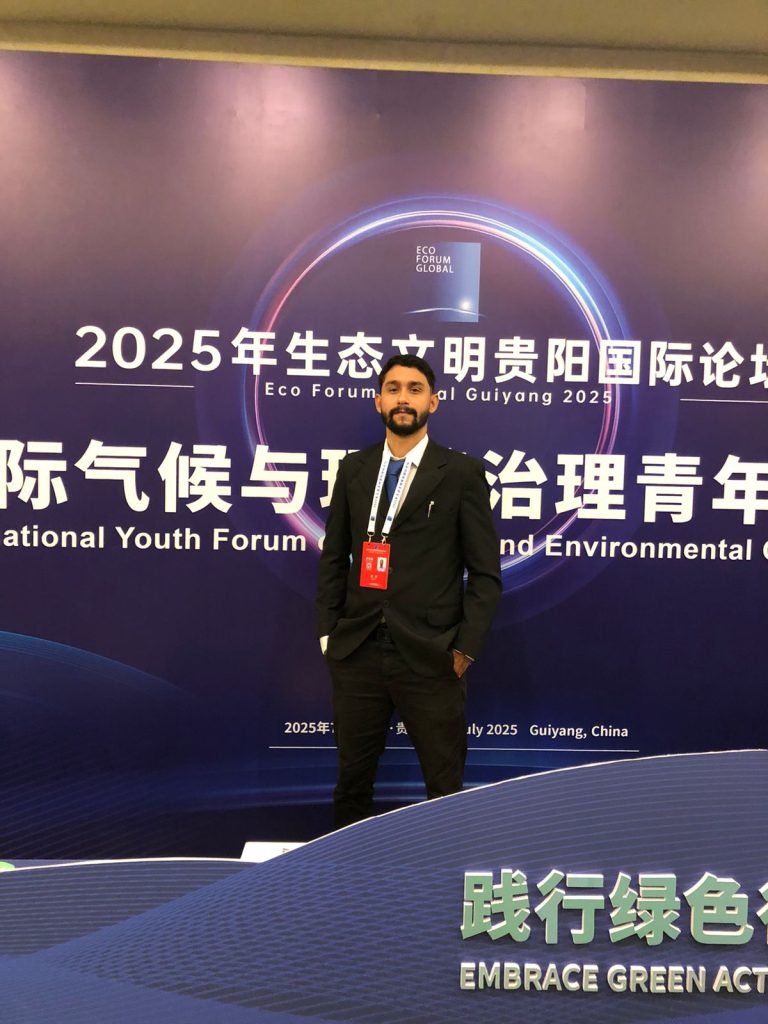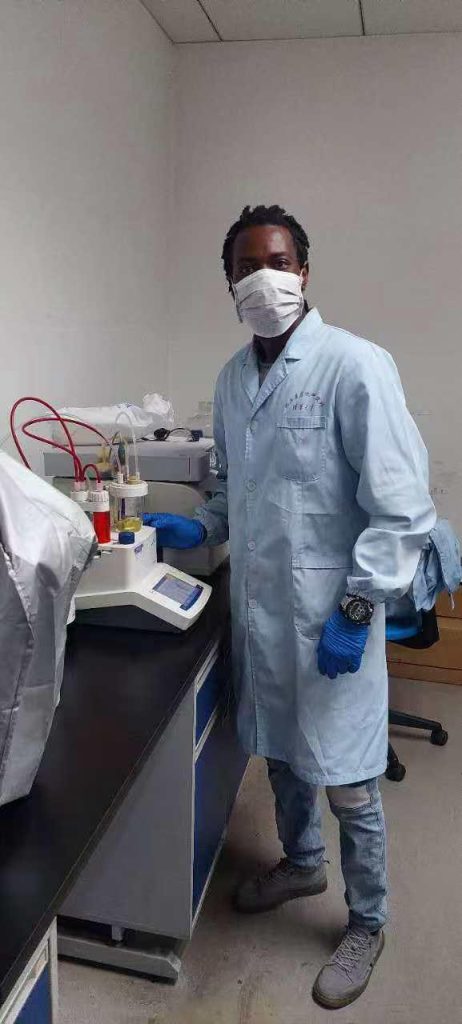China-Brazil: Coppe and UFRJ students join academic programs in China and expand international ties
Planeta COPPE / Electrical Engineering / Energy Planning / Interdisciplinary areas / News
Date: 18/07/2025

Since 2021, Coppe/UFRJ has expanded its role in academic programs with Chinese universities, such as CUPB and Tsinghua. International mobility is articulated by Coppe’s Office of International Affairs, which supports students from application to their return to Brazil. These partnerships reaffirm the institution’s commitment to providing excellent education, connected to global challenges, and committed to building a sustainable and collaborative future.
In 2025, Coppe reaffirmed its internationalization efforts by promoting student participation in three prominent academic initiatives in China: the Future Energy Leaders – WEUN Summer School (China University of Petroleum), the Tsinghua Global Youth Dialogue – TGYD 2025 and the Young Scientist Program (Tsinghua University).
The activities covered topics such as technological innovation, energy transition, sustainability, and intercultural dialogue. With different formats and focuses, the programs contributed to strengthening scientific cooperation between Brazil and China and training a new generation of professionals with global vision.
Green energy and artificial intelligence in focus
From June 25th to July 5th, four students represented UFRJ at the WEUN Summer School – Future Energy Leaders, promoted by the China University of Petroleum – Beijing (CUPB). The initiative is part of a global program of the World Energy Council, focused on developing young leaders in energy and sustainability.
Three Coppe students participated — Juliana Ya Lan Tan Chen (Energy Planning Program), Henrique Resende de Almeida and Carolina Morais (Electrical Engineering Program) — and Laura Gomes, a student from the Polytechnic School. The students were selected by lottery after a process with more than 160 applicants.
During the program, participants attended lectures on energy transition, smart grids, and artificial intelligence applications, as well as visited technology and innovation centers such as the Xiaomi Smart Factory and the Daxing hydrogen energy park. The program also included cultural workshops and visits to historical landmarks such as the Great Wall of China and the Forbidden City.
Intercultural dialogue and global development

The Tsinghua Global Youth Dialogue (TGYD) brought together approximately 60 young leaders from over 40 countries in Shenzhen, Guizhou, and Beijing from June 29th to July 10th. The event had as its theme “Harmony Reaches Far, Paths Unite Us” and addressed the challenges of sustainable development in a world marked by rapid technological and environmental transformations.
Representing UFRJ, Roberto Oliveira, a student from the Polytechnic School, participated in panels on climate change, energy transition, and urban innovation, alongside representatives from institutions such as Harvard, Oxford, Yale, Cambridge, and international organizations such as the UN, G20, ASEAN, and BRICS. The program also included technical visits to electric mobility projects and innovation centers.
Applied research in energy and science diplomacy

From April to July of 2025, student Arsénio Laissone, from Coppe’s Chemical Engineering Program, participated in the Young Scientist Program, promoted by Tsinghua University. For three months, he joined a team of Chinese researchers on a project focused on the production of enzymatic biodiesel from agro-industrial waste oils.
The project continues a scientific collaboration between Brazil and China that was initiated in 2013, based on the Brazilian experience with the National Program for the Production and Use of Biodiesel (PNPB). The goal is to adapt sustainable technologies already validated in Brazil to the Chinese context, promoting environmental and technological benefits in both countries.
This initiative represents a step forward in scientific and technological diplomacy, with the potential to strengthen green production chains, support public energy transition policies and promote knowledge exchange between universities and production sectors in both countries.
